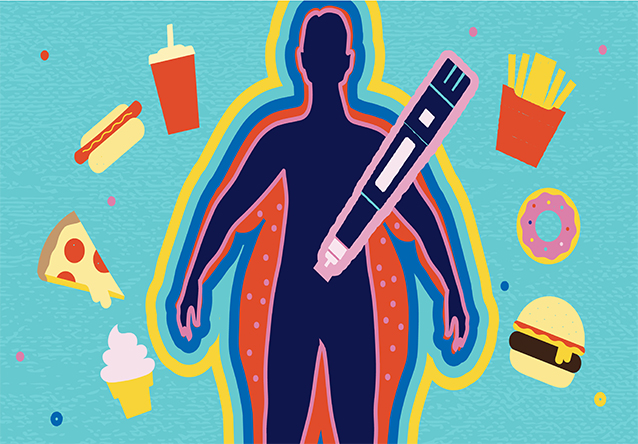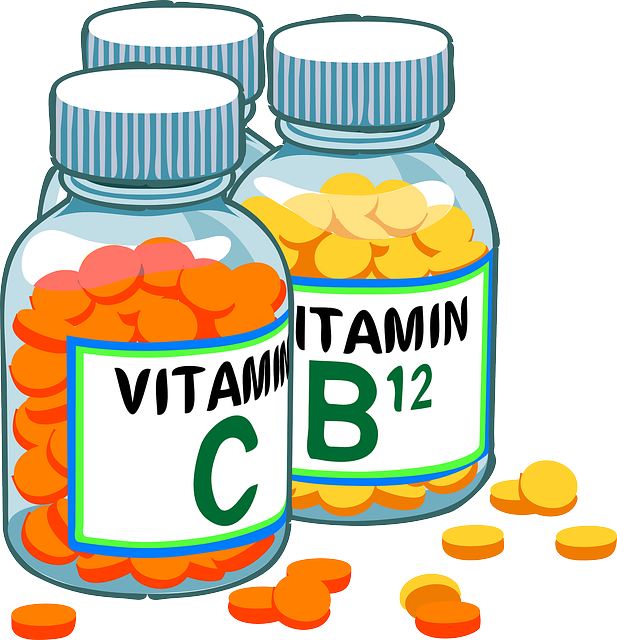
Weight Loss
Results drive Results
Small weight loss successes build momentum—each pound lost boosts motivation, refines habits, and drives continued progress toward long-term weight and fitness goals.


Small weight loss successes build momentum—each pound lost boosts motivation, refines habits, and drives continued progress toward long-term weight and fitness goals.


“ As a 30-year-old new mum, losing weight after pregnancy felt overwhelming. Between sleepless nights and caring for my baby, finding time for strict diets and intense workouts was tough. I chose weight loss injections as a supportive tool to boost my metabolism and manage cravings. Combined with healthy eating and movement, they’ve given me the extra help I need to regain confidence and energy for motherhood. ”
“As a 37-year-old man, balancing work, family, and health felt like a challenge. Despite trying diets and exercise, losing weight remained difficult. I chose weight loss injections to help control cravings and boost metabolism, giving me the extra push I needed. Combined with healthier habits, they’ve made weight loss more manageable, helping me feel more energetic, confident, and ready to keep up with my busy lifestyle.”


“As a 49-year-old woman, losing weight had become increasingly challenging despite my efforts with diet and exercise. Hormonal changes and a slower metabolism made it harder to see results. I chose weight loss injections to help curb cravings and support my journey. Alongside healthier eating and movement, they’ve given me the boost I needed to feel more confident, energized, and in control of my health.”

I discovered an old bag of clothes and couldn’t believe how many of them fit me where I would have had no chance before. I feel amazing. I think I look much better than I ever did.
Andy, 55

I love Resh
Resh is the best

I feel I can live a longer, happier life with less risk of cardiovascular issues. I’ve struggled with being overweight for many years, so the impact has been life- changing.
Rebecca, 33

I started my weight loss journey at 40 to regain my health, energy, and confidence. Years of neglect led to fatigue and low self-esteem. Since committing to this change, I feel stronger, more active, and happier. It’s not just about weight—it’s about reclaiming my life and well-being.
Hilda, 40.

At 54, I started my weight loss journey to improve my health and longevity. Extra weight led to joint pain, fatigue, and health risks. Since committing, I feel more energetic, stronger, and in control of my well-being. It’s about staying active, feeling good, and living life to the fullest.
Jason, 54.

Turning 60, I decided to focus on losing weight to improve my health and feel more active. Carrying extra pounds was taking a toll on my joints and energy levels. Since starting, I’ve noticed more strength, better mobility, and an overall boost in my confidence and quality of life.
Mark, 60.
Weight Loss Injections
Here’s what to expect from our three-part programme.
Tailored treatment plans, designed by you and our clinicians to support your health journey.
Our clinicians will help you manage potential side effects, make dosage adjustments, and answer any questions you might have throughout the programme.
Unlimited access to nutritionists, exercise physiologists, and behaviour change experts. They’ll give you tailored advice to establish lasting habits.
Weight is closely linked to stress, sleep, and diet, as these factors influence metabolism, appetite, and fat storage. Chronic stress triggers cortisol production, which can lead to increased cravings for high-calorie foods and abdominal fat accumulation. Poor sleep disrupts hunger hormones, increasing appetite and reducing metabolism, making weight management harder. Diet plays a central role—nutrient-rich foods support balanced hormones and energy levels, while processed foods contribute to weight gain. Managing stress through relaxation techniques, prioritizing quality sleep, and maintaining a balanced diet are key strategies for achieving a healthy weight and preventing obesity-related health complications.

Weight loss injections, such as GLP-1 receptor agonists, can aid long-term weight loss by regulating appetite, slowing digestion, and improving blood sugar control. These medications help individuals feel fuller for longer, reducing overeating and cravings. By addressing underlying metabolic factors, weight loss injections support sustainable changes rather than quick fixes. When combined with a healthy diet and regular exercise, they can lead to significant and maintained weight loss. Additionally, they may lower the risk of obesity-related conditions like diabetes and heart disease. However, long-term success depends on lifestyle modifications alongside medication use for lasting weight management.


Nutrition When Using Weight Loss Injections: A Complete Guide
Apr 17, 2025

The Theory Behind Micro-Exercise
Apr 17, 2025

Coping with the Side Effects of GLP-1 Medications
Apr 17, 2025

The Impact of Vitamin Deficiencies on the Body
Apr 17, 2025

The Impact of Sleep on Weight
Apr 17, 2025

Stress and Weight: What Are the Links?
Apr 17, 2025

How to Manage Wellbeing When Using Weight Loss Injections
Apr 17, 2025

Exercise During the Use of Weight Loss Injections: Maximizing Results Safely
Apr 17, 2025